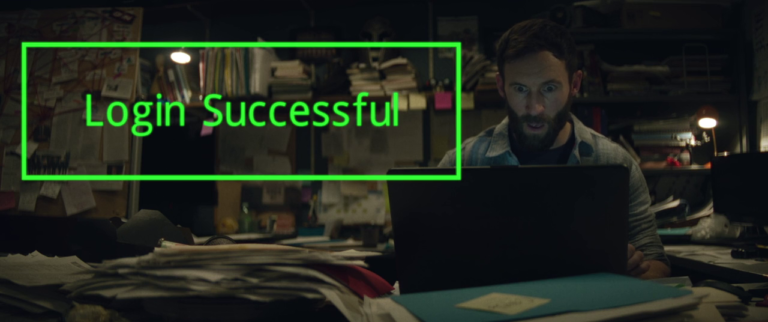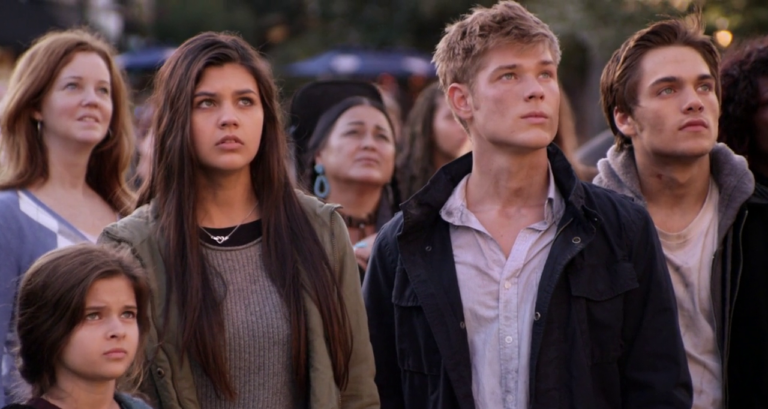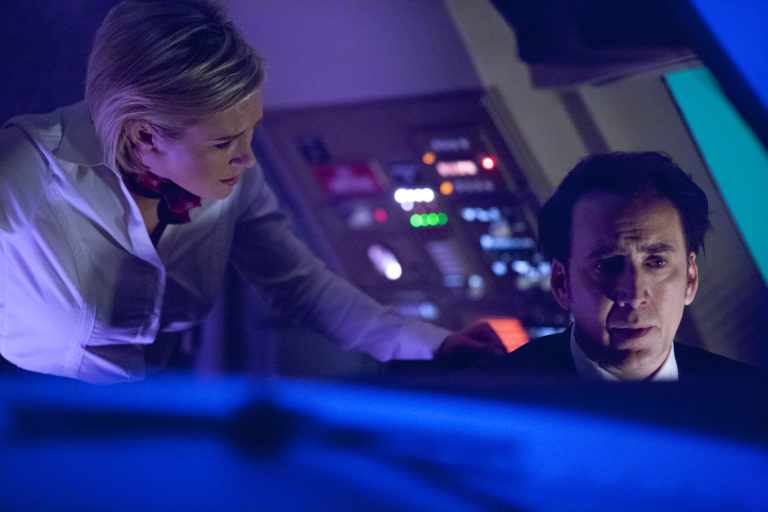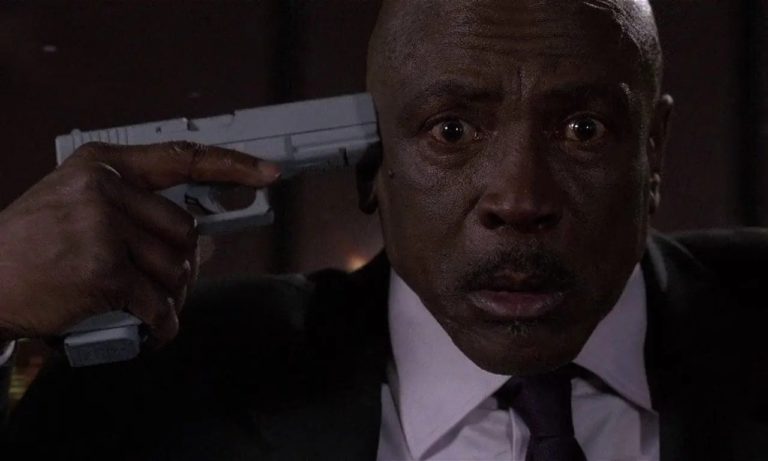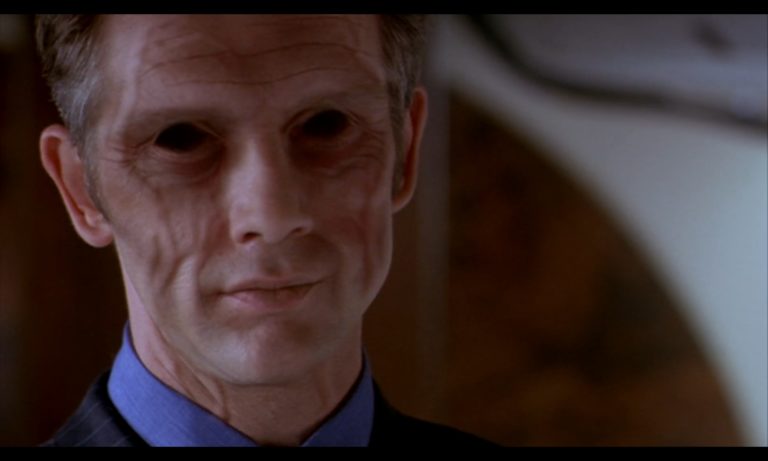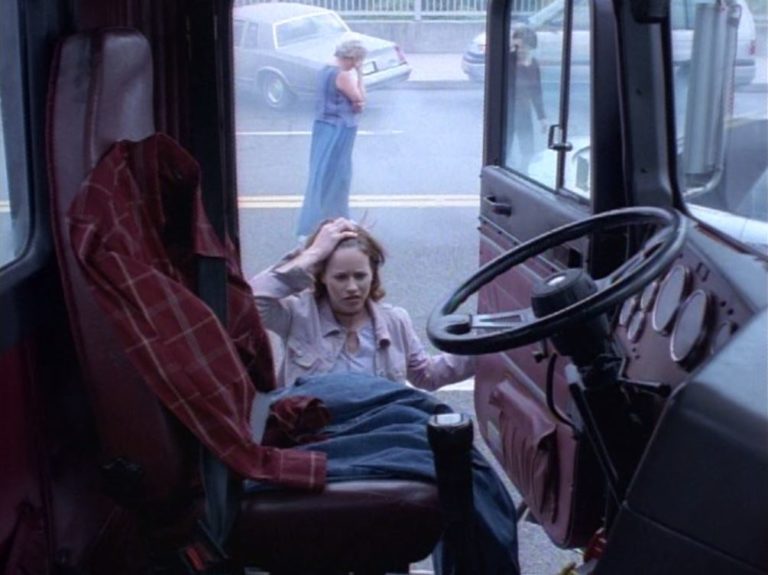Welcome back to the Left Behind retrospective! We have finally reached the most recent entry in the...
Left Behind
Welcome back to the Left Behind retrospective! In this entry we’ll be going over the fifth film...
Welcome back to the Left Behind retrospective! In this entry we’ll be going over the fourth film...
Welcome back to the Left Behind retrospective! In this entry we’ll be going over the third film...
Welcome back to the Left Behind retrospective! In this entry we’ll be going over the second film...
It’s been quite a while since my last retrospectives series (more than 3 years now), but that’s...
